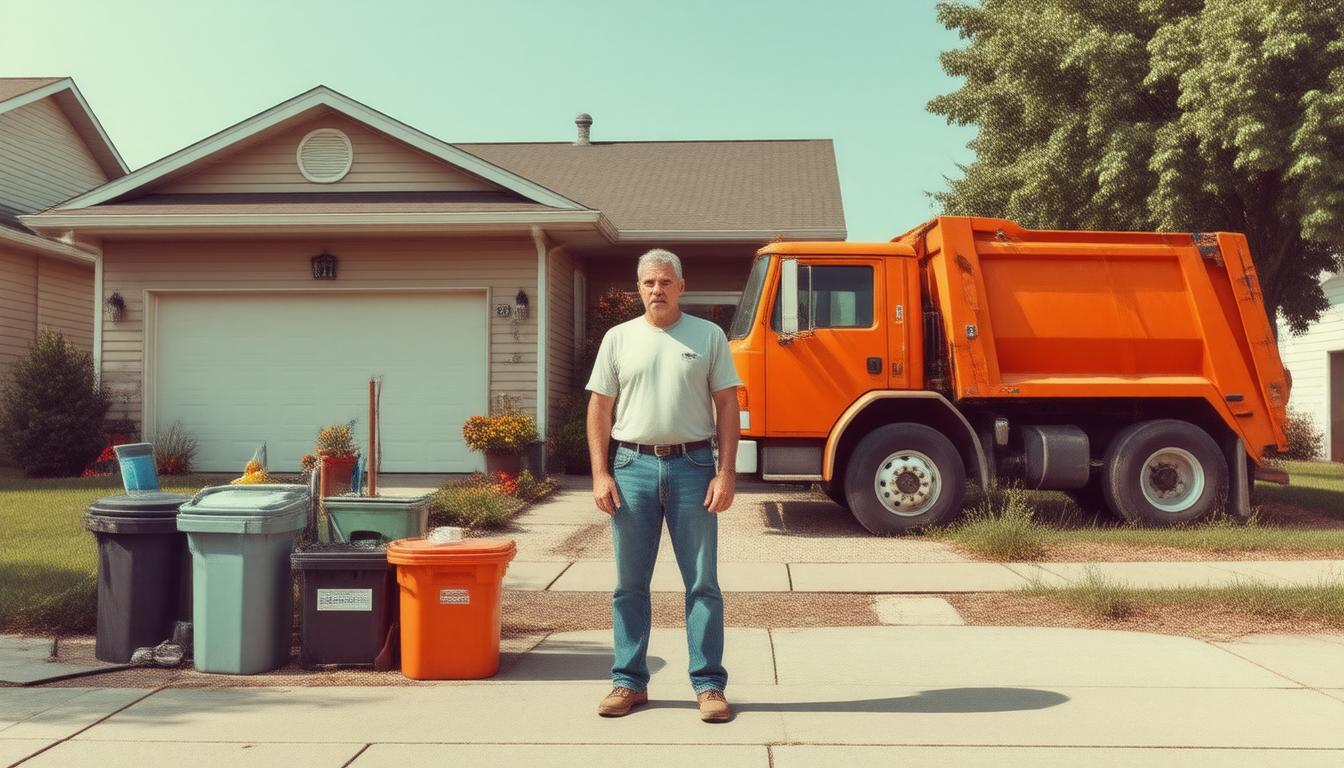
When it comes to maintaining the plumbing system in your home or business, keeping drains clear is critical for smooth operations. A clogged drain can lead to a multitude of problems including water backup, potential flooding, and can even result in costly repairs if not addressed in a timely manner. Understanding the essentials of drain cleaning is not just about fixing the problem when it arises, but also about regular maintenance to prevent clogs from happening in the first place.
Identifying Common Causes of ClogsBefore diving into the methods of drain cleaning, it is essential to know what commonly causes clogs. Knowing the enemy helps to direct the battle strategy:
[list]
[*]Hair: A frequent culprit in bathroom drains, it binds with grease and other sticky substances to form clogs.
[*]Soap scum: Over time, soap residue can accumulate and solidify inside pipes.
[*]Food waste: Kitchen sink drains can get blocked with food particles, particularly if there isn’t a garbage disposal installed.
[*]Mineral buildup: In areas with hard water, minerals can precipitate out and create blockages.
[*]Small objects: Sometimes, small items can accidentally go down the drain and cause a clog.
[/list]
There are some tools that can be extremely helpful for any DIY enthusiast looking to tackle drain cleaning:
[list]
[*]Plunger: A plunger can be used to dislodge clogs in toilets, sinks, and tubs.
[*]Plumber’s snake: Also known as a drain auger, this tool can reach further into pipes to break apart clogs.
[*]Drain cleaner: Chemical or enzyme-based cleaners can help dissolve clogs, but use with caution to avoid damage to pipes.
[*]Bucket and gloves: For manual cleaning under the sink traps.
[/list]
For those who prefer avoiding harsh chemicals, there are several natural drain cleaning methods that can be very effective:
[list]
[*]Baking soda and vinegar: A classic mixture that can help to dissolve buildup in pipes.
[*]Boiling water: Often, pouring boiling water down the drain can help to dislodge simple clogs.
[*]Salt and baking soda: A combination that can act as an abrasive cleaner when followed by boiling water.
[*]Plunger: Again, a plunger can be used effectively without the need for any chemicals.
[/list]
While many clogs can be addressed with DIY methods, sometimes the clog is too stubborn or located too far down the line for homeowner intervention. This is where professional drain cleaning services come in handy. Professional plumbers have more sophisticated tools, like motorized augers and hydro-jetting machines, which can clear out even the most persistent clogs. If you’ve attempted to unclog a drain with no success, or if clogs are a recurring problem, it may be time to call in the professionals.
Preventative Maintenance TipsPreventing clogs from occurring is the best way to keep your drains flowing smoothly. Here are some tips to avoid clogged pipes:
[list]
[*]Use drain covers: To catch hair and other debris from going down the drain.
[*]Avoid disposing of grease down the sink: Grease solidifies when cool and can build up in pipes.
[*]Dispose of food waste properly: Use a compost bin or garbage disposal instead of the sink.
[*]Regular cleaning: Use baking soda and boiling water or vinegar periodically as a preventative measure.
[/list]
Drain cleaning is a fundamental aspect of home maintenance that can avoid unnecessary plumbing emergencies. By understanding the common causes of clogs and familiarizing yourself with both DIY and professional cleaning methods, it’s possible to keep the water flowing and prevent clogs before they become a problem. Remember to also engage in regular preventative measures to maintain the health of your home’s plumbing system.







